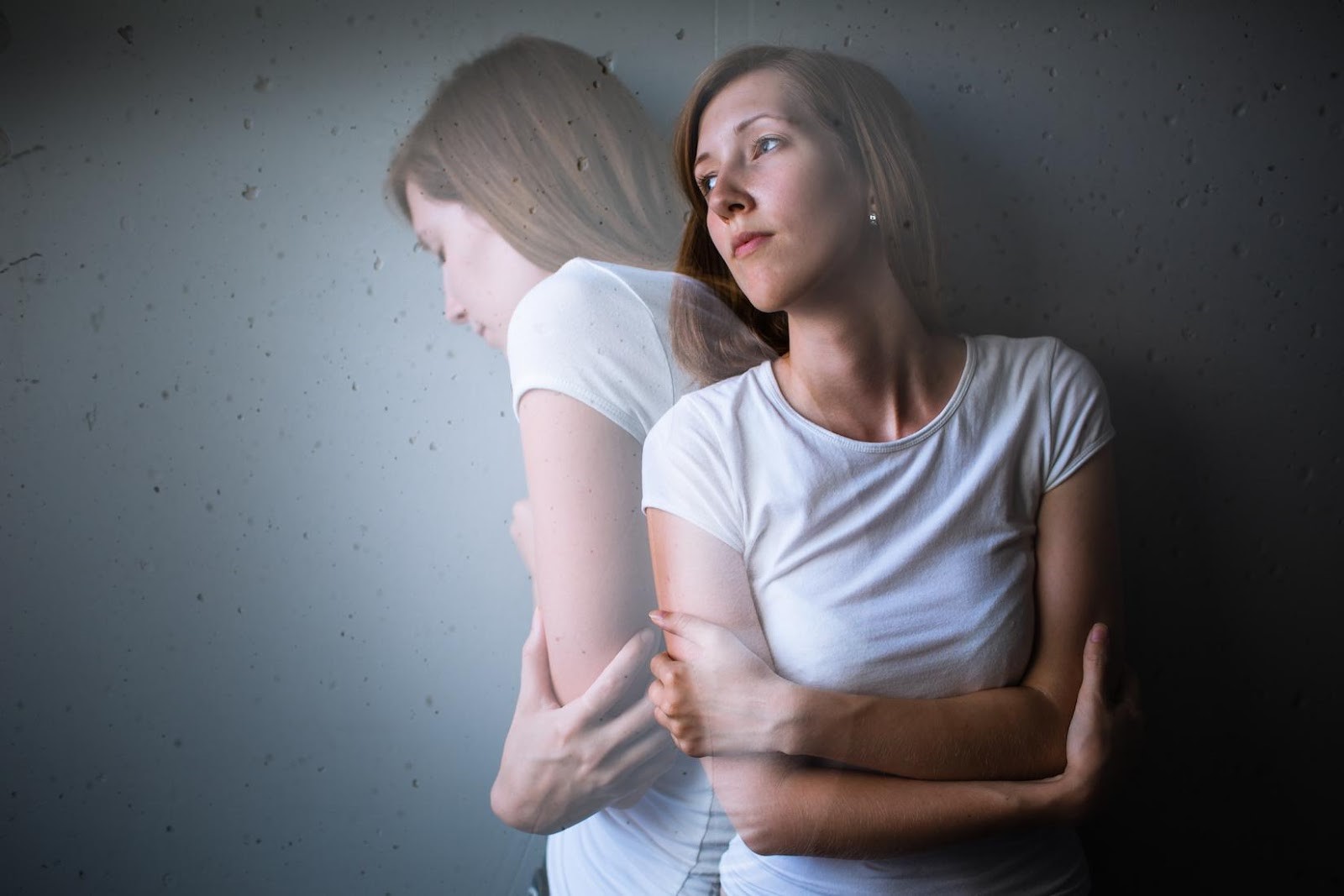Image Licensed by Adobe Stock
By Marissa Katrin Maldonado, Founder, The Treatment Specialist
When we think about depression we usually jump right to the obvious symptoms of this mental health condition—sadness, hopelessness, loss of interest in usual activities, and other such hallmark signs of the disorder. The truth is that there are physical symptoms of depression that we either ignore altogether or simply don’t recognize the connection to the actual cause. But knowing what these physical symptoms of depression look like can actually serve as a light bulb moment, that aha! moment when you realize your collection of symptoms all point to major depressive disorder.
8 Physical Symptoms of Depression
- Headache. You might find yourself experiencing regular headaches. The effects of depression can cause stress, and stress can cause headaches. Depression-related headaches, or tension headaches, may cause a mild throbbing sensation in the eyebrow area.
- Fatigue. You may be sleeping an excessive amount each night and still feel exhausted during the day. Fatigue is a common sign of depression, culminating in the feeling that you have no energy at all. This feeling of exhaustion may stem from the feelings of hopelessness that zap all your motivation to be productive.
- Stomach distress. Digestive issues are common with depressive disorder. This may include diarrhea or constipation, nausea, or stomach aches. Constipation and nausea may, however, be side effects from the antidepressants.
- Back pain. Backache is also common with depression. It may present as a sharp pain running up the spine or a dull nondescript backache. Backache is in the group of vague complaints called somatic symptoms when related to depression.
- Sleep problems. Even if you manage to sleep plenty of hours, it is often not restorative sleep. Sleep disruptions are common with depression, including both insomnia and hypersomnia. Some may want to sleep all day, but cannot sleep at night.
- Weight change. While some people may experience an increased appetite when depressed, others may completely lose their appetite. Unexpected weight gain or loss is often associated with depression.
- Slow movements. You may feel like you are in slow motion. If you are depressed you may notice that your movements and thought processes are dramatically sluggish.
- Skin problems. Emotions can trigger skin problems. Blotchy skin-tone, unusually dry skin, or acne are skin issues that may accompany a depression episode. Antidepressants can also cause skin problems as a side effect.
How is Depression Diagnosed?
When the symptoms of depression, both physical and psychological, begin to take a toll on daily life it is time to see a doctor for an examination. A physical exam and comprehensive blood panel are usually the first step in diagnosis, as sometimes a medical condition can cause the symptoms of depression. If a medical condition is not the cause of the symptoms, then a referral for a psychiatrist will be provided.
The psychiatrist will do a thorough assessment of the presenting symptoms and use the diagnostic criteria from the DSM-V to determine if major depression is the cause. These diagnostic criteria include nine symptoms. When two or more of the symptoms are present most of the time for at least two weeks, it is diagnosed as major depressive disorder. The symptoms of depression include:
- Feeling sad and hopeless much of the time
- Loss of interest or pleasure in activities once enjoyed
- Change in eating habits resulting in weight loss or gain
- Sleep disturbance
- Agitated or sluggish movements
- Extreme fatigue
- Irrational feelings of worthlessness, guilt, or shame
- Difficulty concentrating or making decisions
- Obsessing about death or suicide
The psychiatrist will often use additional assessment tools, such as the Hamilton Depression Scale. In addition, the doctor will want a thorough review of any mental health history, including prior depressive episodes. After a diagnosis is made, the doctor will create an individualized treatment plan.
How is Depression Treated?
Treatment for major depressive disorder will involve an integrated plan that includes evidence-based therapies, medication, and holistic interventions. It is important to be patient, as it could be a month or two before the effects of the treatment begin to make a noticeable change. Treatment adherence is also important. The patient needs to comply with the medication schedule, attend the therapy sessions, and implement the holistic treatment elements to experience a significant improvement in both physical symptoms of depression and the psychological symptoms.
Medication. There are four categories of antidepressants, including SSRIs, SNRIs, tricyclic antidepressants, and MAOIs. With about 30 different antidepressants available, the doctor will attempt to select the one that is best aligned to the patient’s specific diagnosis and recovery goals. There are different variations of depression, and the features of each may correspond to a particular type of antidepressant. Generally, antidepressants take 4-6 weeks before alleviating the depression symptoms.
Psychotherapy. Evidence-based psychotherapies, such as cognitive behavioral therapy, interpersonal therapy, dialectical behavior therapy, or psychodynamic therapy, can help individuals examine the underlying issues that might be driving the depression. These might involve thought distortions and negative behavior responses, or the individual may have experienced a significant loss, trauma, abuse, or other serious live events that needs to be processed.
Holistic interventions. Holistic activities can enhance the effects of the traditional treatment protocol. These might include:
- Improving sleep quality. Try to establish a regular daily sleep schedule, and to avoid electronic gadgets before bedtime.
- Getting regular exercise. Physical activity has natural antidepressant effects.
- Practicing stress-reducing activities such as yoga, mindfulness meditation, or therapeutic massage. These promote relaxation and a positive, calm mindset.
- Dietary adjustments. Avoid alcohol, which is a depressant, and stick to a Mediterranean diet to improve mood.
Depression is a highly treatable mental health condition. Once the depression has been properly diagnosed and a treatment plan has been established, many of the physical symptoms of depression will begin to resolve as the emotional aspects of depression improve.


